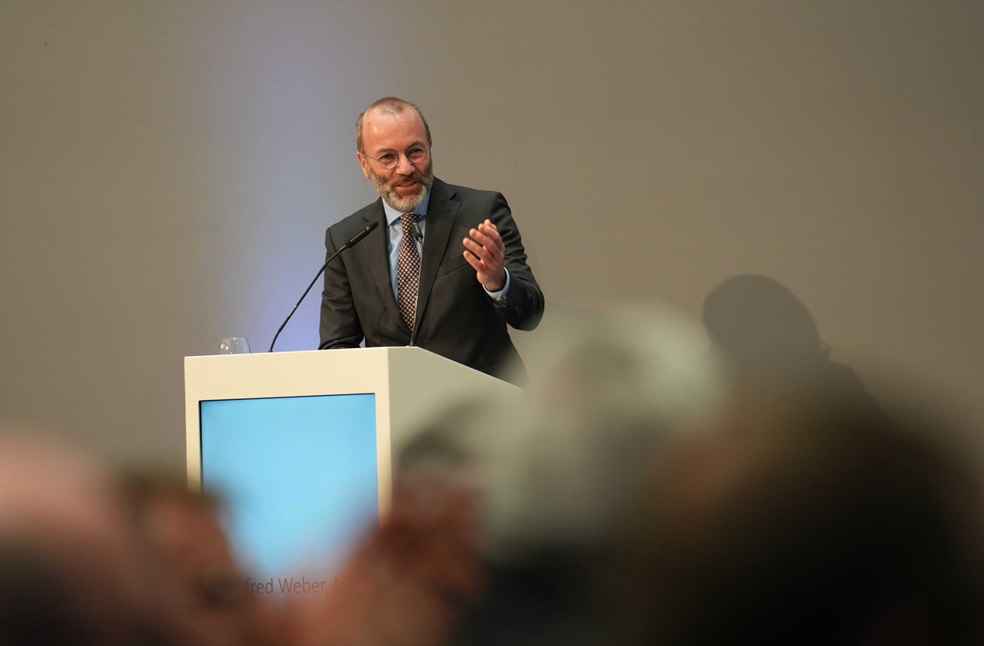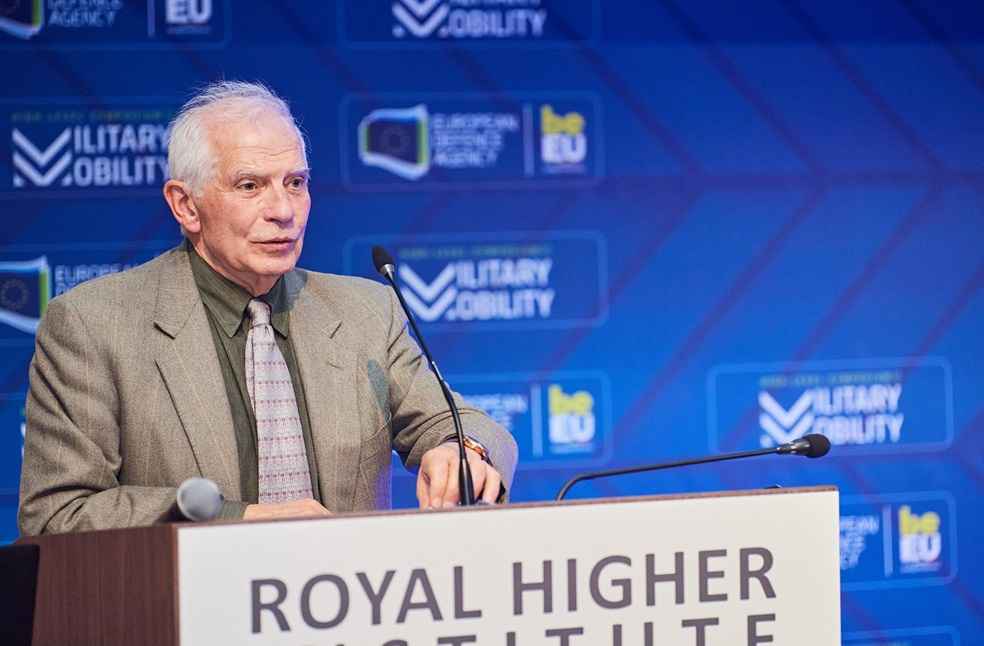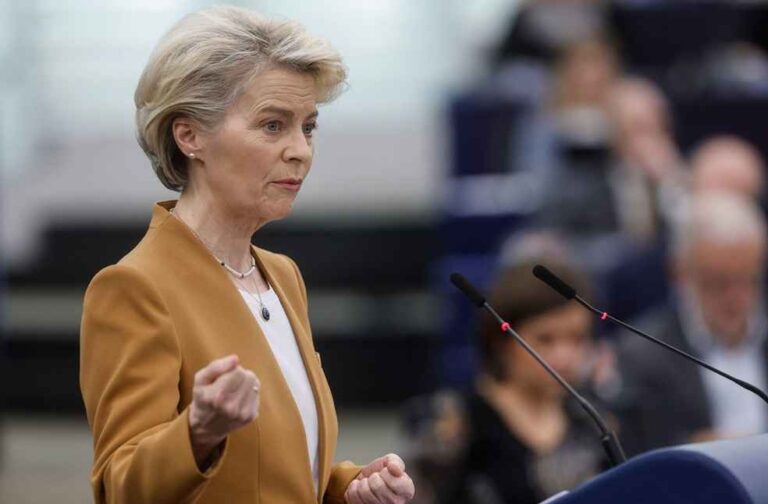Germany: Ursula von der Leyen will announce her bid for a second term as European Commission President at a conference of the Christian Democratic Union (CDU) party in Berlin. The head of Brussels’ most powerful institution, von der Leyen, 65, has been cautiously safeguarding her intentions, deflecting all questions on the matter for the past year.
As a result of announcing her candidacy for another five years, she is embarking on a four-month battle for election that may involve a broader field, with some speculators suggesting Estonia’s prime minister, Kaja Kallas, may be a candidate for the job in the summer when a final decision will be made. Following her selection by the CDU, she must secure the support of two other parties within the European People’s Party (EPP), which includes the ruling parties in Greece, Ireland, Lithuania, and Sweden.

Ursula von der Leyen must win the vote at the EPP’s congress in Bucharest in March before hitting the final hurdle that will start the real horse-trading for the top job in Brussels in June. Under the Spitzenkandidaten process, the selection of the European Commission’s president is tied to the results of the European Parliament elections, which are due to be held on June 6-9.
The outcome of the June election will depend on the percentage of votes garnered by the EPP. In the 2019 election, the EPP won the majority of seats and their candidate, Manfred Weber, was expected to be appointed for the job. However, Weber was unable to secure cross-party support with the socialists, who came in second and nominated their candidate, Frans Timmermans, for the position. The German government’s surprise candidate von der Leyen benefitted from the split.

“Remember, nobody had heard of her back in 2019 and she went from being defence minister in Germany to having the most powerful job in Brussels within weeks,” one diplomat remarked. In the aftermath of the election, more attention will likely be directed towards other top positions.
The position of chief diplomat, currently held by Josep Borrell, is available for new candidates. Additionally, the head of the European Council role is also up for grabs. This position is responsible for managing relationships between prime ministers and negotiating positions, especially in challenging situations such as the recent dispute with Hungary over funding for Ukraine. After the June election, these positions may be divided between the Socialists and Democrats (S&D) and the Renew group of MEPs.



